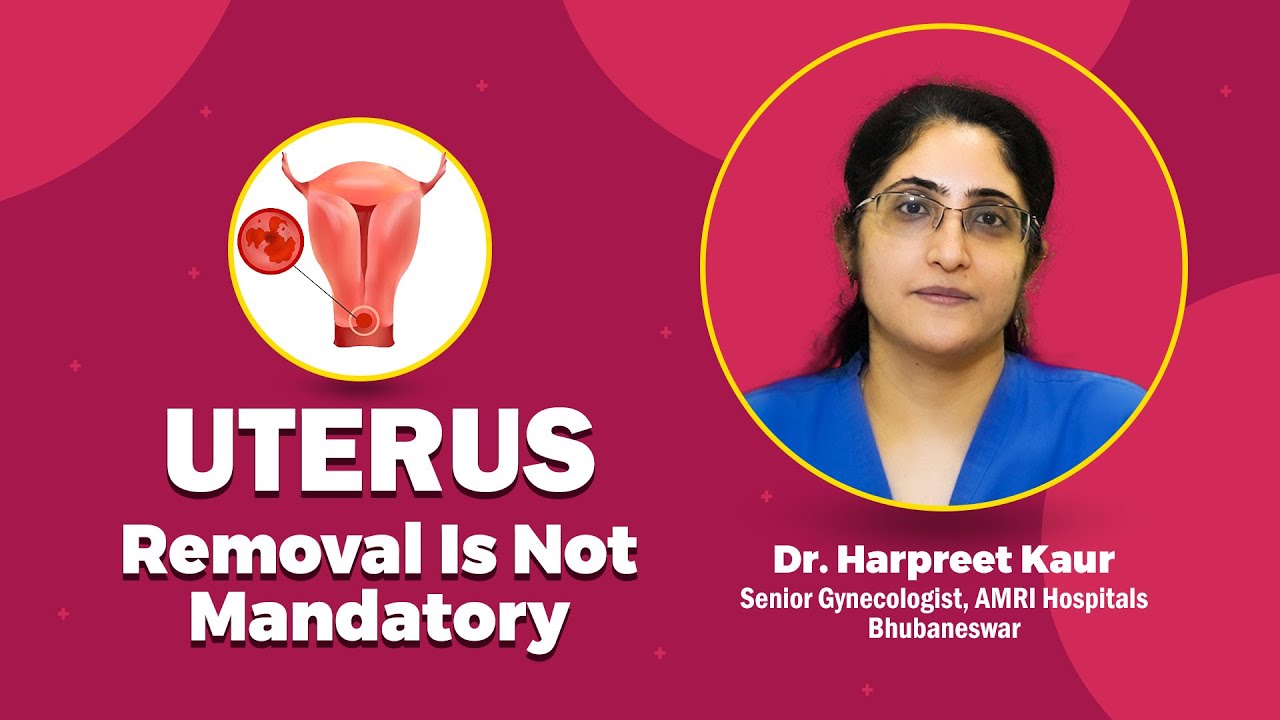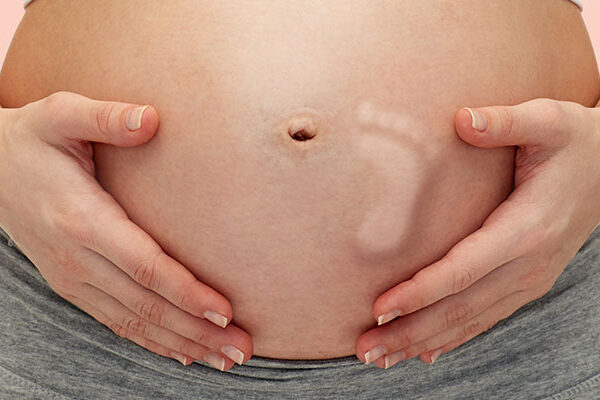Hysterectomy
A hysterectomy is a surgical procedure to remove the womb (uterus). You’ll no longer be able to get pregnant after the operation. If you have not already gone through the menopause, you’ll no longer have periods, regardless of your age. It’s more common for women aged 40 to 50.
During pregnancy, a fertilized egg implants itself in the lining of the uterus where the developing fetus is nourished prior to birth.
The uterus is crucial for reproduction. After undergoing hysterectomy, a woman cannot become pregnant.
In most cases, hysterectomy, or surgical removal of the uterus, is elective rather than medically necessary.
As with all types of surgery, a hysterectomy can sometimes lead to complications.
Some of the possible complications are:
- general anaesthetic complications
- bleeding
- ureter damage
- bladder or bowel damage
- infection
- blood clots
- vaginal problems
- ovary failure
- early menopause



